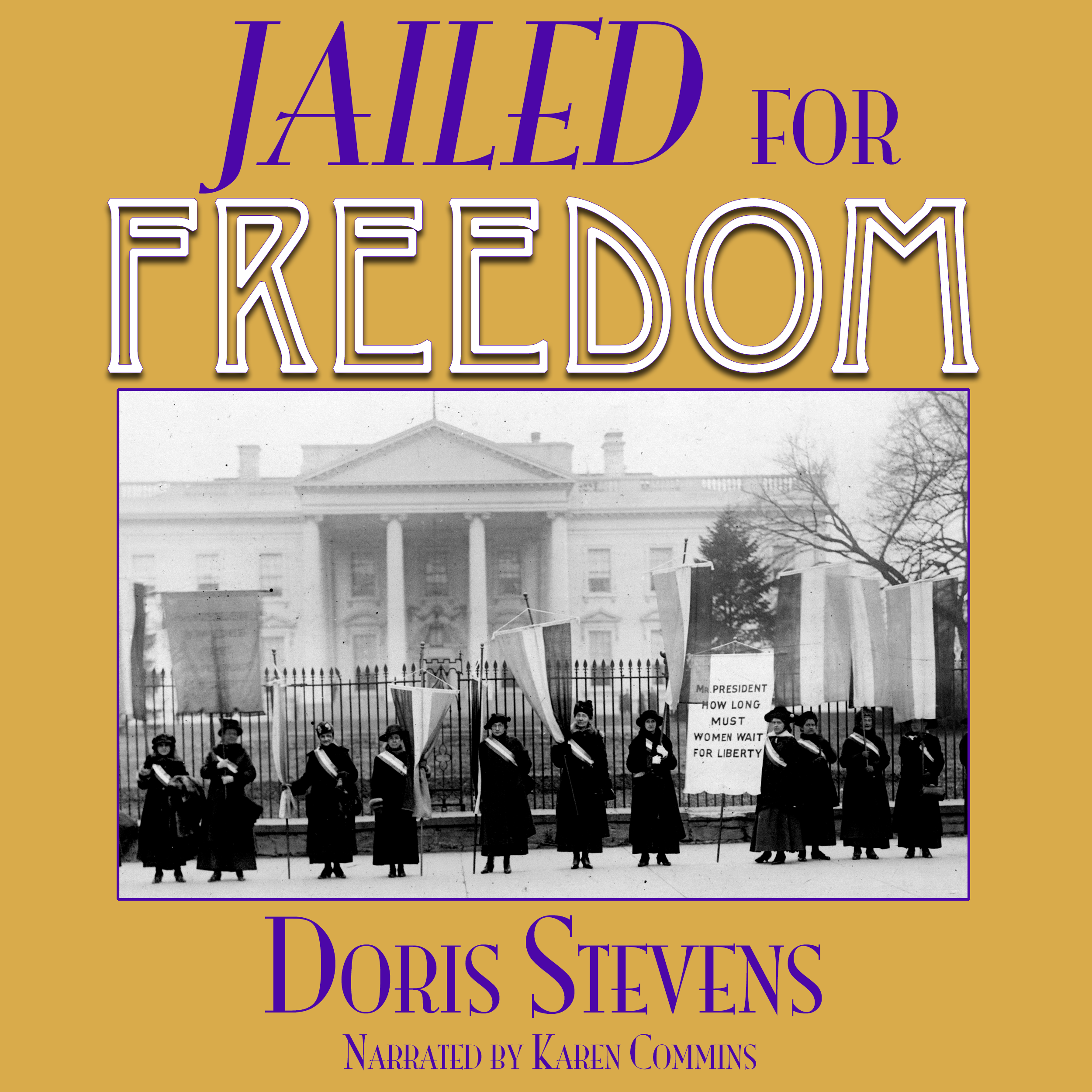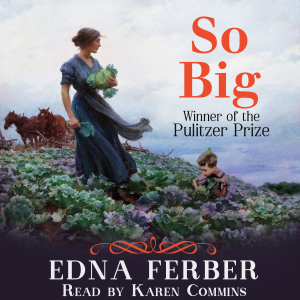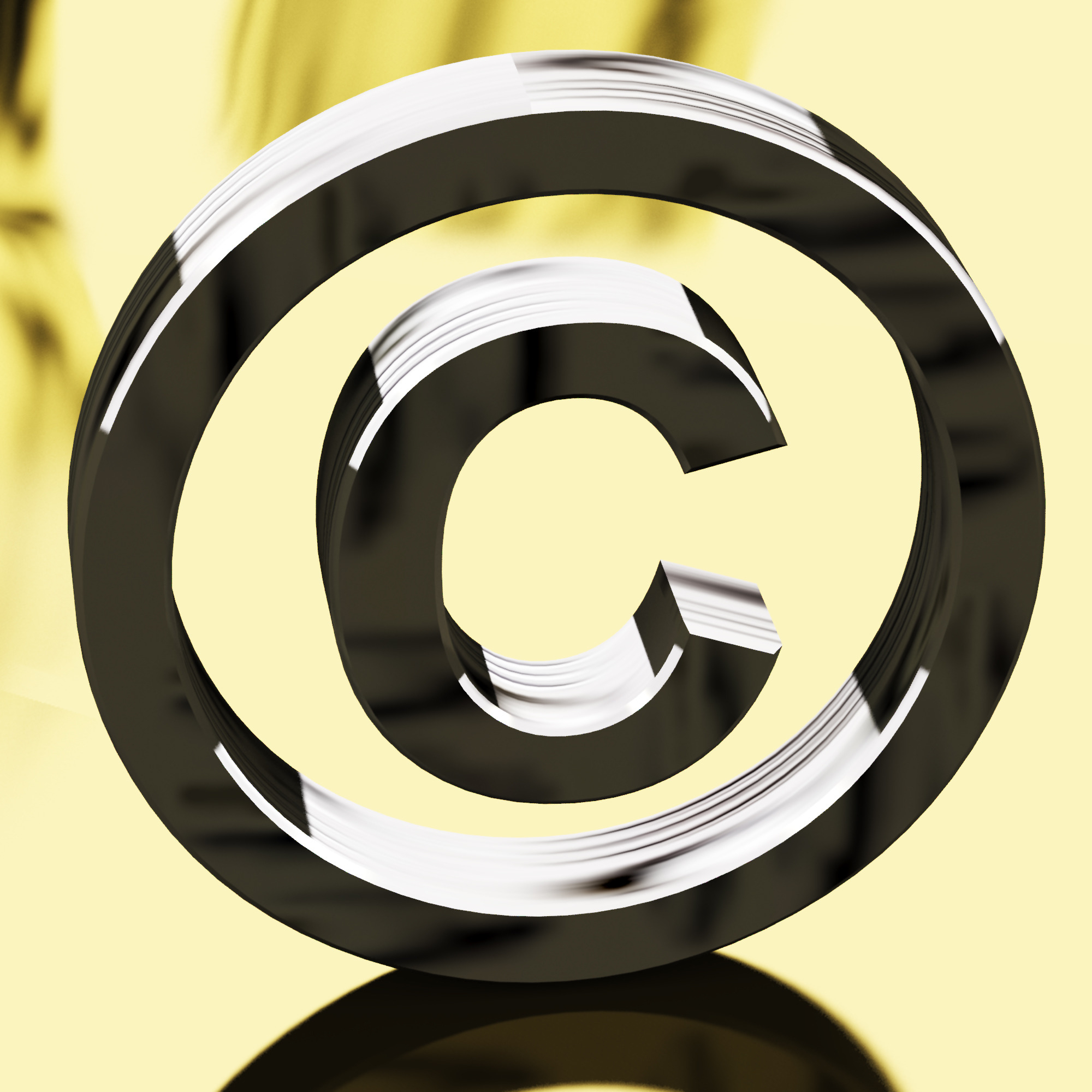I want to share a few ideas to help you promote your public domain audiobooks with interesting pull quotes from critics’ reviews, publisher marketing text in your descriptive blurbs, and authentic cover art.
public domain
Public Domain Narration Headquarters
Last updated 6/1/24
When the obstacle in your way seems to have stopped you in your tracks,
it’s not a failure.
It’s part of what’s calling forth the necessary change
so you can move through, around, over, or under whatever is on your path to success.— Christian Sørensen
This quote applies to my relationship to public domain books,
Although I started narrating audiobooks in 2002, it wasn’t until ACX launched in 2011 that I really got a foothold in the industry. Prior to that point, the market didn’t exist for a narrator who lived in Atlanta. You either had to be in New York or LA; otherwise, producers didn’t want to talk to you. With ACX, all of the rest of us could have a voice in audiobooks, too.
I soon burned out doing ACX projects since most of them were royalty share books where the rights holder was not promoting the audiobook. (Shameless plug: If you’re interested, I explain how to pick good ACX titles in my webinar Put Yourself in the ACX Drivers Seat, available on my Shop page.)
At the same time, I wasn’t getting traction with publishers. I decided to start recording more public domain books.
Public domain (PD) books are those where the copyright has expired. They belong to all of us, and anybody can do anything they want to with a book that’s in the public domain.
Over time, I’ve kind of become what I think of as the Public Domain Whisperer™️. I regularly search HathiTrust.org for interesting PD books. HathiTrust is a consortium of academic and research libraries with over 17 million digitized items, I often find a book that I think would be a good one for another narrator to do, so I send the link and the suggestion to them.
I’ve been gratified by the enthusiastic and excited responses to my finds. One experienced and award-winning narrator told me I had set them on a new path, and they’ve won a number of awards for their PD productions!


This article will be my Public Domain Narration Headquarters. I’ll start with ten reasons why I love, love, LOVE recording and publishing public domain books. Plus, check out the resources list below as well as the comments, where I answer your questions!
Tour of Sites With Public Domain Art
Last updated 12/31/23
Material in the public domain belongs to ALL of us. You can use public domain material for any purpose you want without licensing it or paying royalties to anyone.
Public domain books are a boon to creative, entrepreneurial narrators! I made a video course exclusively for members of my NarratorsRoadmap.com site called Create Your Own Path. The first video discusses how to research the copyright information to determine whether a book is in the public domain. (I would be remiss if I didn’t also point out that the course has its own set of resources, including collections of public domain books I’ve created for members to peruse for possible projects!)
When planning your cover art for public domain books, consider these quotes pulled from this Publishers Weekly article about publishing new editions of public domain texts:
“It’s been 95 years since they were published in the United States — so we’re thinking about how we can present them as fresh and relevant.”
“The design process for reimagining classic covers also requires a special sort of attention…You just need a cover that’s going to jump out from all the other covers.”
“I always feel it’s important to create covers for classic authors that they would appreciate. I think it’s really important to be respectful of the text.”
Many people who create audiobooks from public domain texts also look to use public domain artwork for their audiobook covers. I’ve done that with a number of books, including:






I found the image for JAILED FOR FREEDOM on the Library of Congress site. The sun on THE DYNAMIC LAWS OF PROSPERITY came from NASA.
You may even need to layer images to achieve the look you want. In the case of SO BIG, my cover designer found a perfect antique, public domain painting of the woman standing in the cabbage field. Meanwhile, I found a modern photograph of a farm boy squatting in a field on a commercial site of stock images. I bought the picture for around $15 and then used Photoshop to place him in the image of the painting with Photoshop. I used a number of filters and effects to give him the same look as the original painting. Since the painting was public domain, I had complete freedom to alter it in this way for my cover.
Since I’ve seen a number of posts from narrators looking for sources of public domain illustrations, I thought I’d curate a handy list for all of us! Note that I’m not including the plethora of sites with modern stock images or that may charge fees for usage.
Copyrighted Images in a Public Domain Book
Last updated 12/31/23
Narrator Pamela Almand recently wrote to me about images in a public domain book from a deceased author that she plans to narrate and produce as an audiobook. She kindly gave me permission to re-publish her question here so that more people can benefit from this discussion.
[Read more…] about Copyrighted Images in a Public Domain Book
Avoid Copyright Infringement During The Pandemic (and Always)
Last updated 31 December 2023
I first saw someone on Facebook propose a concept. A day or so later, I read a tweet from another person writing about the same thing. Suddenly, it seemed that this idea started spreading exponentially. I began to worry about narrator friends who were unnecessarily exposing themselves to risk.
You see, due to the closures and social distancing measures prompted by the COVID-19 pandemic, many audiobook narrators, teachers, and parents have announced plans to record books on YouTube to educate and entertain children or even the public at large. They don’t realize they could be liable for copyright infringement.
Before I finished grad school with my Master of Science in computer information systems, I considered switching to law school to specialize in intellectual property law. I therefore was beyond excited to be accepted in the 2020 CopyrightX course offered by Harvard Law School.
I’ve learned so much in this course and look forward to my successful conclusion of it in early May.
While I’m not a copyright expert, I want to share some information to help these well-intentioned people better understand the laws so that they can avoid the possibility of copyright infringement during the pandemic and thereafter.


[Read more…] about Avoid Copyright Infringement During The Pandemic (and Always)
Links to Help Narrators Research Rights Holders to Books
Last updated 13 February 2024
I’m not a lawyer, but I have voiced an attorney in multiple audiobooks. Just because an author has passed away or isn’t easily discoverable, or the book is out of print, doesn’t mean you’re free to create the audiobook of her book!
Before you can record an audiobook, you must do due diligence to determine whether the book is in the public domain or still under copyright. When a work is still under copyright, the rights holder is the person or company that owns the audio rights to the book. The rights holder (RH) will receive the royalties from the sale of the audiobook.
If the book is still copyrighted, the RH could retain the audio rights and hire you as an independent contractor to produce the audiobook. You also could license the audio rights and become the rights holder. If you’re interested in this second option, I highly recommend you purchase my webinar with attorney and audiobook producer/director/distributor Jessica Kaye on this topic using the link on my Shop page.
The links on this page will help you understand the copyright laws in the US and UK and do your research to determine whether a book is in the public domain or find the rights holder for books still under copyright. By the way, members of my site NarratorsRoadmap.com have access to an exclusive video where I demonstrate how to use some the sites listed below. I also offer members a number of links not listed here, including some collections of potential public domain books I found on HathiTrust.org.


[Read more…] about Links to Help Narrators Research Rights Holders to Books